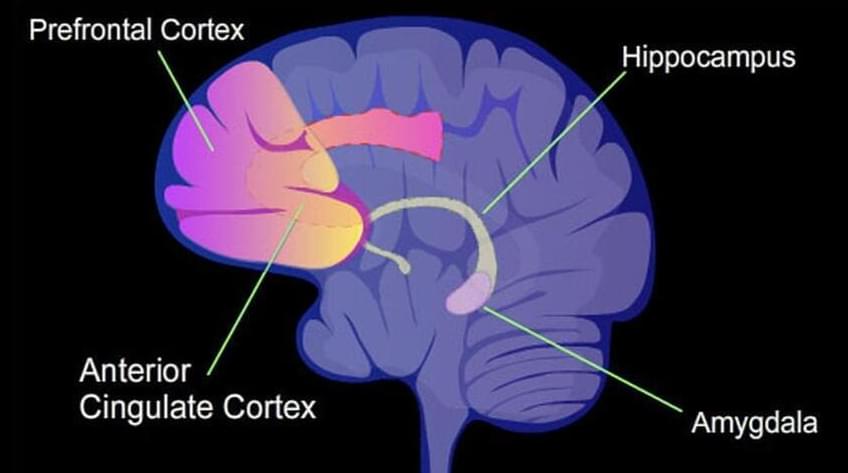Major depressive disorder is associated with altered interoception — or the ability to sense the internal state of your body. Now, new brain imaging research provides evidence that depressed individuals tend to exhibit “faulty” neural processing of gastric interoception, particularly among those with high levels of rumination. The findings have been published in the Journal of Psychiatric Research.
“Repetitive negative thinking (RNT), usually referred to as ‘rumination’ in persons who suffer from depression, is a very significant clinical problem,” explained study author Salvador M. Guinjoan, a principal investigator at the Laureate Institute for Brain Research and associate professor at Oklahoma University Health Sciences Center at Tulsa.
“The reason is that when it is severe and persistent, RNT conditions higher chances of depression relapse and is associated with residual symptoms after treatment, is more common in persons who do not respond to treatment, and is even related to suicide. This particular communication refers to one among a series of projects in our lab attempting to understand rumination.”
